-
Call for Anything
+91 9910371785
-
You may send an email
info@nuzninfotech.com
-
Sunday - Closed
Mon - Sat(10.00 AM - 7.00 PM)
Tech Trends Shaping the Future of Hotel Guest Experience and Distribution
The hospitality industry is evolving rapidly, with technology driving much of the transformation. As guests expect seamless, personalized experiences and efficient service, hoteliers are turning to innovative technologies to enhance both guest satisfaction and distribution strategies. Here are five key tech trends shaping the future of hotel guest experience and distribution.
1. Personalized Guest Journeys with Artificial Intelligence
Personalization has become a cornerstone of modern hospitality, and artificial intelligence (AI) is leading the charge. AI-powered tools analyze guest data, preferences, and past interactions to create tailor-made experiences that resonate with individual travelers. From personalized booking suggestions to curated in-room services, AI enables hotels to meet guests’ needs proactively.In the realm of distribution, Hotel reservation software AI ensures that marketing campaigns target the right audience with the right message, increasing booking conversions. For example, AI might suggest honeymoon packages to couples who recently booked a romantic dinner experience. Example: A frequent business traveler may automatically receive an offer for a quiet, high-floor room with expedited check-in, ensuring a seamless and stress-free stay.
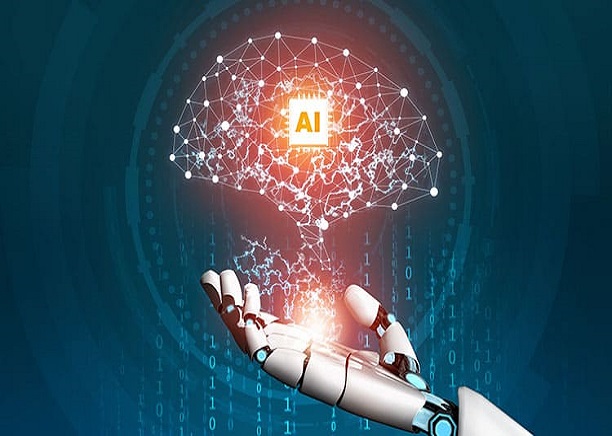
2. Contactless Solutions for a Frictionless Experience
CoContactless technology is no longer a luxury in an hotel management software, it’s an expectation. From mobile check-ins to keyless room access and contactless payments, these solutions provide guests with greater convenience while minimizing physical interactions. This tech trend enhances the guest experience by offering speed, safety, and autonomy.On the distribution side, contactless platforms also simplify the booking process. Integrated systems allow guests to complete reservations, payments, and pre-arrival requests directly from their smartphones. Example: Hotel reservation software allows the guest to use their phone to check in, unlock their room, and pay for dining, all without needing to visit the front desk, saving time and enhancing convenience.
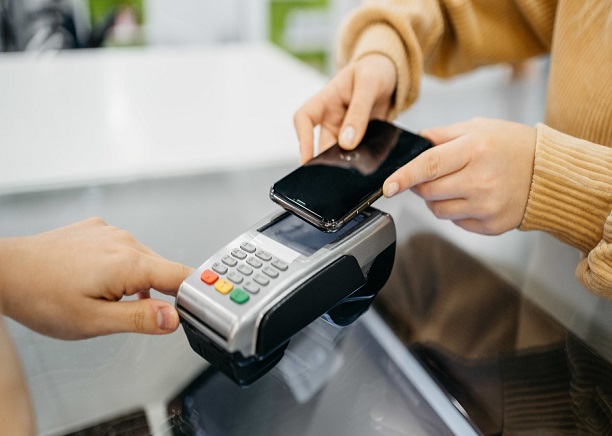
3. Unified Distribution Platforms for Streamlined Operations
Managing multiple booking channels can be challenging for hotels, often leading to overbookings or inconsistencies in pricing and availability. Hotel management software unify distribution platforms addressing this issue by centralizing all booking channels—hotel websites, OTAs, and metasearch engines—into a single system.These platforms enable real-time updates to room availability, rates, and promotions across all channels. This ensures consistency, improves operational efficiency, and builds trust with guests who receive accurate information at every touchpoint. Example: A Online hotel booking software using a unified platform can instantly adjust pricing for a special event, ensuring all channels reflect the updated rates without manual intervention.
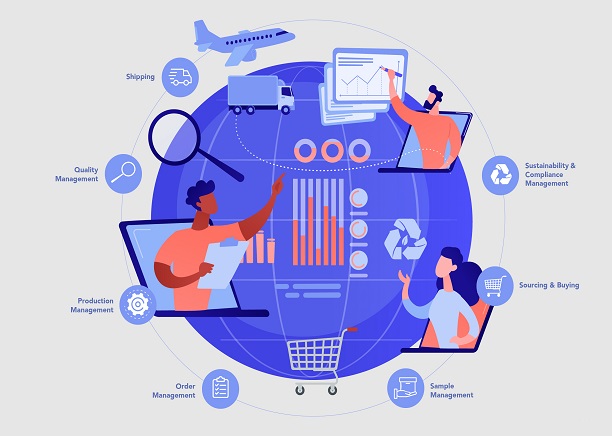
4. Smart Rooms Powered by IoT
The Internet of Things (IoT) is revolutionizing in-room experiences, allowing guests to control room settings such as lighting, temperature, and entertainment with their devices or voice commands. IoT-enabled rooms offer hyper-personalized experiences, making guests feel at home while reducing energy waste through automated systems. Hotel booking management software can leverage IoT data to better understand guest preferences, improving future stays and enhancing loyalty. Additionally, IoT enhances operational efficiency by alerting staff to maintenance needs before they become issues. Example: A guest might enter their room to find the temperature set to their preferred level, lights dimmed for relaxation, and their favorite streaming service queued up—all thanks to IoT integration.
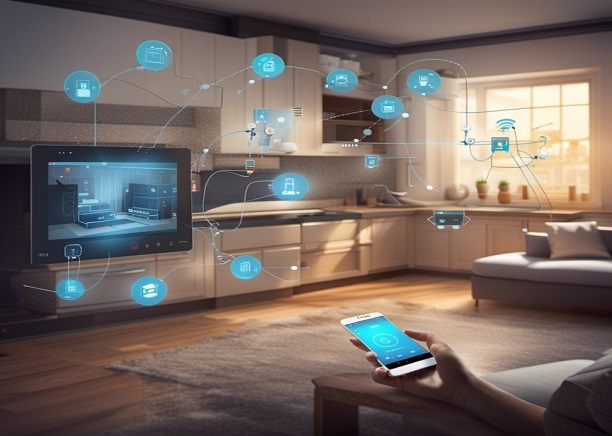
5. Immersive Experiences with Augmented and Virtual Reality
Augmented reality (AR) and virtual reality (VR) are reshaping how guests interact with hotels, both before and during their stay. VR allows guests to explore hotel facilities, rooms, and amenities virtually before booking, helping them make confident decisions by the online hotel booking software. AR enhances on-property experiences by providing guests with interactive guides and digital overlays of information about local attractions or hotel services. This technology not only elevates the guest experience but also enhances distribution efforts by offering a more engaging and informative booking process. Example: A hotel booking management software website could feature a VR tour, enabling potential guests to "walk through" the property and visualize their stay, boosting booking confidence and engagement.
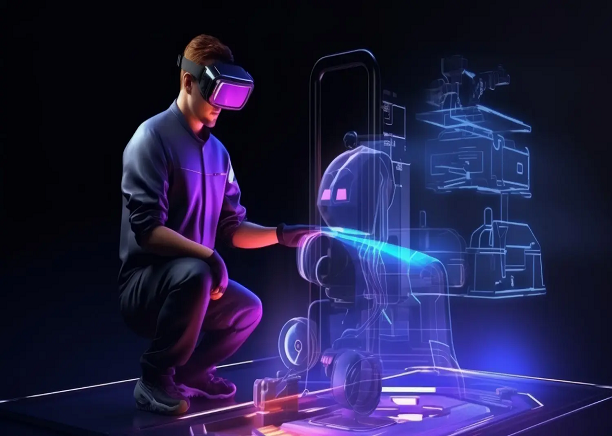
As technology continues to evolve, it’s clear that the future of hospitality lies in blending innovation with human-centric experiences. These five tech trends—AI-driven personalization, contactless solutions, unified platforms, IoT-powered smart rooms, and immersive AR/VR experiences—are not only reshaping the guest experience but also streamlining the best hotel booking software in India. Hoteliers who embrace these advancements will not only stay competitive but also create memorable, personalized journeys that foster loyalty and satisfaction. The future is here, and it’s digital, connected, and designed to exceed guest expectations.
More Searches
Top restaurant management software companies
Restaurant management software
top 10 software companies in india
Best Billing Software In India
